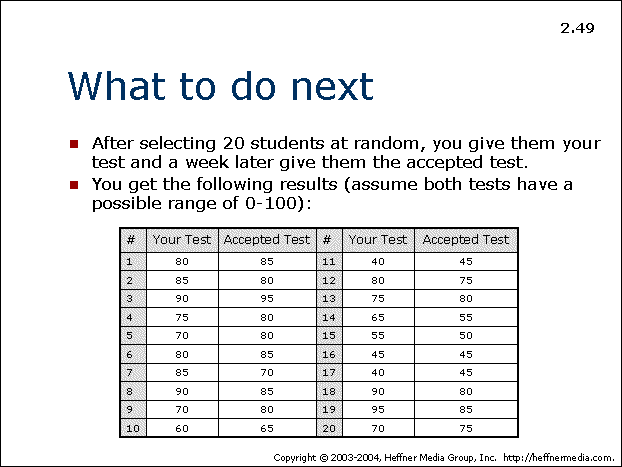
Can People Predict Their Brain Age?
Do you feel younger than your age? If so, you might be right.
Like other parts of the body, the brain ages. Certain regions shrink with time. And as with other types of aging, the speed of this process varies from one individual to the next. Hence the idea that a given person can have a “brain age” less or more than their actual age.
You know what your chronological age is. But can you “feel” your brain age? A study just published in the journal Frontiers in Aging Neuroscience looked into this question, and the answer appears to be yes, at least to an extent.
In the study, older adults were asked whether they felt younger than, older than or the same as their actual ages. The researchers then scanned these people’s brains and used a model to estimate their brain ages.
As it turned out, there was some truth to people’s sense of their brain age. Specifically, people who said they felt younger than their age really did appear to have a younger average brain age.
So for people who feel older than their age, does this study confirm their fears? Not necessarily. The effect only held for people who said they felt younger than their age. That is, people who felt younger did tend to have younger brain ages than people who felt older than their age and people who felt the same as their age, but people who felt older than their age didn’t have an older average brain age than people who felt the same as their age.
As it turned out, adults in their sixties were more likely to report feeling older than their age while those in their eighties tended to report feeling younger. This difference did not explain people’s ability to predict their own brain ages, however.
The takeaway is that if someone says they feel younger than their age, there might be some biological truth to it, although having people guess their own brain age clearly isn’t an exact science.
Image: Flickr/Ethan Bagley